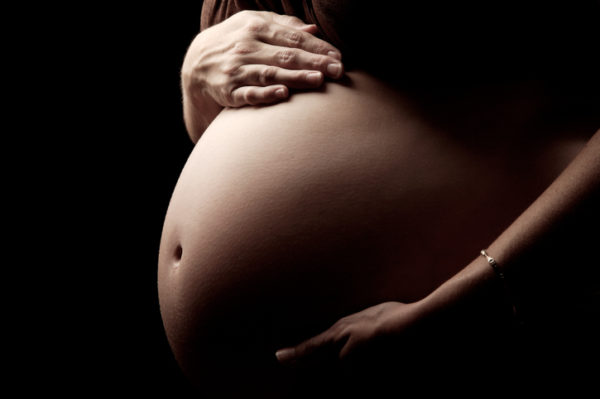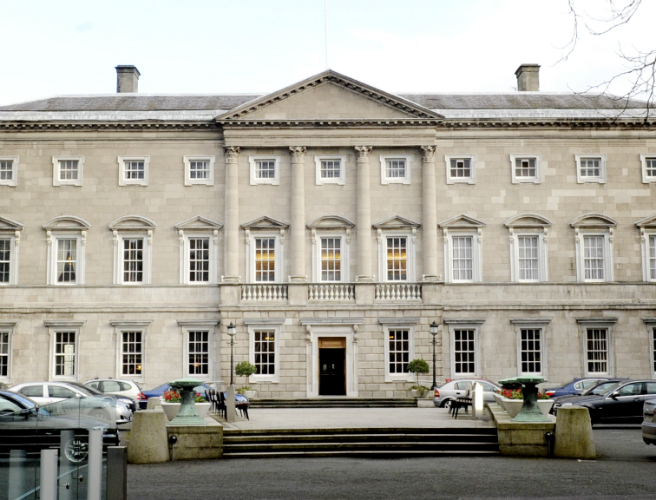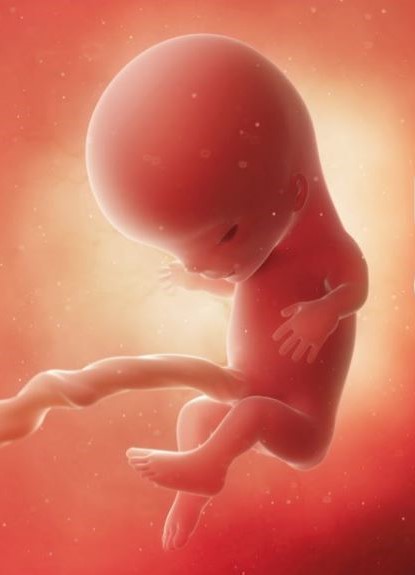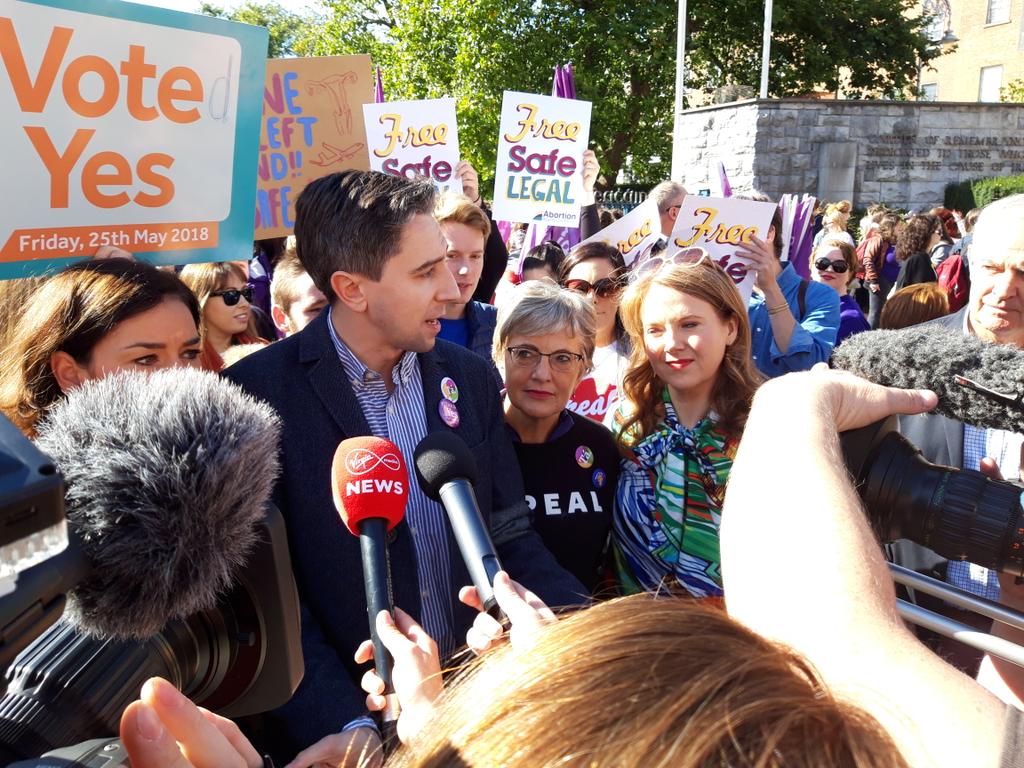
Parents will have to opt their children into religious instruction in State secondary schools under new directions to be issued shortly. As schools will be required to ensure students who do not take religious instruction are provided with another subject on the timetable, this means in effect that students who choose religious instruction must opt-out of regular, timetabled classes.
The Irish Times has learned that a new Department of Education circular will clarify requirements aimed at giving greater rights to non-religious and minority faith students in about half of secondary schools. Under the new rule, there will be an automatic assumption that children are not taking religious instruction, unless parents have requested admission to the class. The changes will affect about 160,000 secondary school students, or almost half the entire secondary school population.

The provision against blasphemy in the Irish Constitution is “largely obsolete”, the Irish Catholic Bishops’ Conference has said after its Autumn meeting.
The Bishops said the reference to blasphemy in the Constitution may give rise to concern “because of the way such measures have been used to justify violence and oppression against minorities in other parts of the world”.
The Conference, however, underlined that the promotion of religious freedom and freedom of conscience “greatly increases the social fabric of a country.” They added that the right of religious communities to contribute to public debate without been attacked or ridiculed “needs to be acknowledged and respected”.
“Bishops stressed that it is vital to ensure that the rights of individuals and communities to practice and live out their faith openly are protected by our law,” a statement from the Conference read.
“In this context bishops, once again, expressed their solidarity with Christians and all those throughout the world who are currently experiencing persecution, and human rights abuses, because of their faith or beliefs.”

Dr Peter Boylan has been appointed by the HSE to help prepare for the introduction of abortion in Ireland.
Dr Boylan, a former master of the National Maternity Hospital, will consult with other medical experts about bringing abortion in, and will help with the drafting of clinical guidelines.
The former Chair of the Institute of Obstetricians and Gynaecologists was a vocal supporter and campaigner for a Yes vote in the abortion referendum earlier this year.
Welcoming the appointment, Health Minister Simon Harris said: “Peter Boylan has a wealth of experience in caring for women. Over the course of his work, he has proven himself to be a strong patient advocate and a compassionate campaigner for women’s rights.
“I am grateful to him for taking on this position and I look forward to him working with the HSE to ensure safe, woman-centred services are operational in January.”

Theresa May has pledged to introduce civil partnerships for heterosexual couples in the UK. The Prime Minister said the move was for people who wanted to “formalise their relationship but don’t necessarily want to get married”. However, pro-marriage organisations say heterosexual civil partnerships would weaken marriage by creating a ‘marriage-lite’ alternative.
Speaking to the Evening Standard, Mrs May said she was “proud to sponsor the legislation that created equal marriage” and the latest proposal would give all couples “the same choices in life”.
Coalition for Marriage has previously warned: “The gold standard of commitment is marriage; with the declarations made in the presence of witnesses and the expectation of lifelong faithfulness”.
Heterosexual civil partnerships would only “weaken marriage by creating a two-tier system, offering a sort of marriage-lite option”.
Ciarán Kelly, a Deputy Director at The Christian Institute, has said civil partnerships give couples all the benefits of marriage without the responsibilities.
In Ireland, once marriage was redefined to excise sexual-complementarity from its essence, the Government stopped same-sex couples from engaging in new civil partnerships.

Minister for Education Richard Bruton is set to commence key provisions of the School Admissions Act on Wednesday which will prevent Catholic schools from giving enrolment priority to baptised children for the 2019/2020 school year.
Minority faiths, such as the Church of Ireland, jewish and muslim schools, will be allowed to prioritise members of their religion in order to protect their ethos in cases where they are over-subscribed.
Mr Bruton said that exclusion had been introduced to help ensure children of minority faiths could still access a school of their own religion.
However, some schools who are mid-way through processing their admissions for the coming year say the short notice of the change is set to cause “chaos”.
Ultan Mac Mathúna, principal of Holy Cross primary school in Dundrum, Dublin, said: “We’ve been left in the dark as to the application of this rule. It will cause chaos. We can’t give parents a straight answer. Changes to admissions require a decision by the board, and need to be approved by the patron and published.”

An ideology of total control over pregnancy and unborn children has been proposed by the state-funded National Women’s Council as a jurisprudential philosophy to undergird further liberalisation of Simon Harris’ extreme abortion legislation.
In a submission released yesterday, the NWCI said they believe the effect of our abortion laws should be two-fold: “(1) to ensure safe, equitable, accessible and legal abortion for women, and (2) to institutionalise women’s autonomy over reproductive decision-making.”
Toward that end, the group called for changes to the bill including a preamble to indoctrinate future generations into a politics that paints the crusade for abortion as part “of the long fought for changes to protect women’s health.” This preamble would “serve to reflect Ireland’s past restrictive abortion laws and the legacy of how women have been treated in Ireland.” There is no mention of how unborn children unwanted by their parents are treated, nor how abortion abortion ends the lives of such children in a cruel and callous manner.
The submission also calls for a wider range of healthcare workers to be involved in abortion, that the law be so clear that doctors would never be ‘needlessly cautious’ in applying the criteria for abortion, and that conscience rights of medical personnel which they refer to as “so-called ‘conscientious objection’” would be carefully circumscribed so that no woman would ever be denied an abortion.

Louth TD Peter Fitzpatrick is resigning the Fine Gael whip over the party’s unstinting support for abortion and he will stand at the next election as an Independent candidate.
Speaking on Tuesday about the reasons for his departure, Mr Fitzpatrick said for the “last 15 months no one was listening to me, I felt isolated, like I was just there to push a button.”
When asked on RTÉ’s Sean O’Rourke programme whether the 8th Amendment had influenced his decision, he replied: “that’s only one thing. I do have a problem with abortion. There’s no way Peter Fitzpatrick is going to vote in favour of 12 weeks.”
Taoiseach Leo Varadkar said he was sorry Mr Fitzpatrick had made this decision. “I know that he has been unhappy for some time and was a strong opponent of holding a referendum on the Eighth Amendment,” Mr Varadkar said.

Blood tests that screen for abnormalities such as Downs syndrome are being offered at maternity hospitals as early as nine weeks into a pregnancy and are being urged on pregnant women as a better alternative than amniocentesis. Prof Fergal Malone, master of the Rotunda Hospital in Dublin, says the blood test can be taken from the woman’s arm and it is 99.9pc accurate. A result is returned within a week. Only women who get a positive reading go on to have the diagnostic amniocentesis test for confirmation later in their pregnancy.
Prof Malone said: “Floating around in the pregnant woman’s blood are tiny amounts of the baby’s DNA. A blood sample is taken from the mother’s arm and sent to the lab and it is back in about a week.”
The test can tell the woman if her baby will have Down’s syndrome as well as other abnormalities such as Edwards Syndrome which might result in the child dying naturally before or some time after birth. The screening test costs about €350 in the Rotunda and is not yet available free on the public health system, but amniocentesis is provided without cost.
Prof Malone told the Irish Independent that the Rotunda is now doing around 2,500 screening tests annually. He said: “They are expanding the range of conditions they can test for all the time.
“I find that pregnant women who are older are now very aware of the risk of Down syndrome and they bring it up early on.”

The most senior Family Court judge in England and Wales is set to rule on a case involving a transgender ‘man’ who conceived and gave birth to a baby but is suing to not be designated as the child’s mother.
If granted, lawyers say the child would become the first person born in England or Wales to not legally have a mother.
The baby is the child of a single parent who was born a woman but now lives as a man after undergoing surgery.
Judges have heard that the man had been biologically able to get pregnant and give birth but had legally become male when the child was born.
He wants to be identified as the child’s “father” or “parent” on a birth certificate but a registrar has told him that the law requires people who give birth to be registered as mothers.
Sir Andrew McFarlane, President of the Family Division of the High Court, is due to decide whether only either “father” or “parent” can be listed on the child’s birth certificate following a trial scheduled to take place at the High Court in London in February.
The man has taken legal action after complaining of discrimination.

Health Minister Simon Harris participated in a march on Saturday calling for ‘free, safe, and legal’ abortion and he told TDs to ‘get on’ with the task of legislating for abortion. About 2,000 people participated in the march but they included prominent members of the Government such as Children’s Minister Katherine Zappone, Kate O’Connell, TD, and Senator Catherine Noone.
Minister Harris told reporters that women have waited far too long already for abortion and the people of Ireland had, with the referendum result, given a very clear instruction to the Dáil and Seanad “to get on with it.” The march was about ensuring a “focus” was kept on the issue.
During the campaign itself, Referendum Commissioner, Isobel Kennedy, said people were voting simply to retain or repeal the 8th and that there were not voting on subsequent legislation.
The Health Minister also said he wanted the medical community to “step up” and engage with legislators in dealing with the matter.
However the Pro-Life Campaign, in a later press release, said Mr Harris was intending to “railroad” his abortion legislation through the Dáil.
“Minister Harris promised during the referendum campaign that there would be ‘ample time’ to debate the provisions of the abortion legislation. Like so many of the other promises Mr Harris has made, he is now reneging on that commitment,” the group said.